How Do I Know Which HVAC System Is Best For Me?
Furnace or heat pump? Ducted or ductless? Standard or high efficiency?
When you are in the market for a new heating, ventilation, and air conditioning (HVAC) system, the choices can make your head spin. Before buying new equipment, you need to consider the kind of system that works best for your comfort needs, its features, and the price you are willing to pay.
A new HVAC system is a significant investment in your home, and it may seem like an overwhelming undertaking to make the right choices. The good news is that Carrier Cooling Center is here to help you find experts that can guide you through the process.
We work with a network of Carrier Factory Authorized Dealers in Arizona, California, Idaho, Nevada, New Mexico, and Texas who can recommend and install the best system for your home and your budget. Click here to choose a professional HVAC team.
Carrier Equipment Dealers
What makes a Carrier Factory Authorized Dealers different from other HVAC companies? Our network members have received additional training and have taken rigorous tests through the North American Technician Excellence (NATE) program. They are experts in Carrier equipment installation, repair, and maintenance and can diagnose and repair other brands too.
Our network members also guarantee 100 percent customer satisfaction, or they will remove your new equipment and refund your money within a year of installation.
Furnaces and Heat Pumps
Natural gas furnaces and electric heat pumps are among the most popular heating systems. Furnaces burn fuel to create heat. Electric heat pumps extract heat from underground, underwater, or air and transfer it indoors.
If you own a gas-fired, ducted furnace, your best option may be to upgrade, swapping your aging system for a new, high-efficiency model. Carrier’s best gas furnace carries a 98.5 percent annual fuel utilization efficiency (AFUE) rating. AFUE measures how efficiently your furnace turns fuel into heat for your home. A 98.5 percent AFUE means only 1.5 percent of the fuel is wasted energy. The rest becomes heat.
Are you planning to replace your electric furnace or switch from natural gas to electric heating? Your best choice may be an air-source heat pump. Heat pumps are more efficient than furnaces and can run in reverse to cool your home, eliminating the need for a separate air conditioning system.
If your ductwork is damaged beyond repair or does not extend to all rooms in your home, consider installing a ductless mini split. This system uses one or more heat pumps connected to air handlers mounted on the walls or ceilings of rooms throughout your house. Each handler works independently and has its own thermostat.
Hybrid Systems and Geothermal
Standard air-source heat pumps can heat your home even in freezing weather. However, when temperatures fall dip below the freezing mark, they eat up more electricity, losing efficiency as they work.
For that reason, some homeowners opt for a hybrid system that consists of an air-source heat pump and a gas furnace. The heat pump becomes the primary heating source during most of the heating season, saving you money on energy bills while keeping you warm and toasty. When the temperature outside plunges below freezing, the system switches from the heat pump to the furnace.
Geothermal heat pumps do not require supplemental heating. They use less energy than air-source heat pumps and furnaces and can produce heat efficiently in any climate. Geothermal heat pumps pull heat from underground or from water, such as an aquifer or pond, where temperatures remain stable and above freezing year-round.
According to the U.S. Department of Energy’s (DOE) Office of Energy Efficiency & Renewable Energy (EERE), geothermal heat pumps can cut energy bills by up to 65 percent compared to traditional HVAC units.
Installing a geothermal heat pump can cost several times more than installing a furnace or an air-source heat pump. Soil conditions, the amount of land available, climate, and other factors determine the design of your geothermal system. Ask one of our Carrier Factory Authorized Dealers if a geothermal system suits your home and budget.
Get Expert HVAC Advice Today
Our Carrier Cooling Center network members assist customers throughout the Southwest, California, and Idaho. They can help you choose the best solution for your heating and cooling needs. Find a Carrier expert today to help with your next home project.


 Financing
Financing